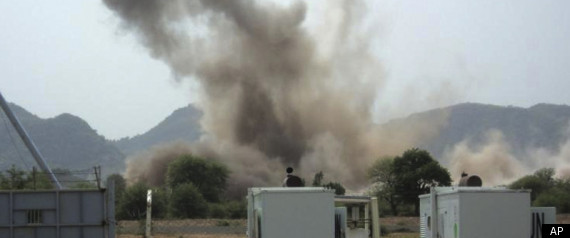- Dec 5, 2010
- 95,236
- 32,274
- 2,290
I knew the North would not just let the South have all that oil to itself, it sounded too good to be true to begin with. Sudan wins by keeping the South a poor poverty stricken shit hole, if the South becomes succesful it makes the North look bad. As far as your question about which Muslim country has minorities and treats them fairly, I really can't think of one right now and that is sad. Countries like Iraq, Egypt and Pakistan had a chance to show on the world stage how Muslims treat their minorities and they fucked it up.
This is just a method to keep the region under some form of control until the next Hegemonic war. It comes. China is supporting both Shia and Sunni for the Middle East War as well as supporting armed action in Africa. Turkey is gearing up to expand borders. Iran is doing the same. New military blocs are being formed for the purpose of this upcoming war. The ramp up is seen in the countries that are too small to hide it.







